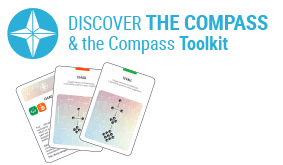Learning visits
/Dear ITC ILO colleagues,
DELTA is working on guidelines to ensure that learning visits (and tours) are an integral part of the learning process. The visits can be considered as a unique value our Centre can add to a training activity and we are looking for new modalities and formats to enhance the learning results.
Have a look at this concept map. (Please note that much information is contained in the notes you can find in the 2° page).
The visits are conceived as a 3-phase process: the ‘get ready’, the ‘visit’ and the ‘debrief’.
- The ‘get ready’ focuses on the exchange with the hosting organization and the ILO field office;
- The ‘visit’ can take different formats: multiple/elective; learning pills; multi-perspective;
- The ‘debrief’ includes the work with the participants on the lessons learnt and the sharing with the colleagues on the visit’s major strengths and weaknesses.
Let us know what you think about it: what you would add, modify, erase. Contact Rodrigo (r.filguiera@itcilo.org) to be activated as writer in the online map (http://www.mindmeister.com/).
When visiting, participants should have at hand a diary that helps them to record, jot down ideas, link concepts and draft proposal for adaptation. We are thinking of designing a simple, small and portable booklet: what items do you think should be there? Have a look at this example and tell us how you would improve it.
Thanks for your suggestions!
Monica








